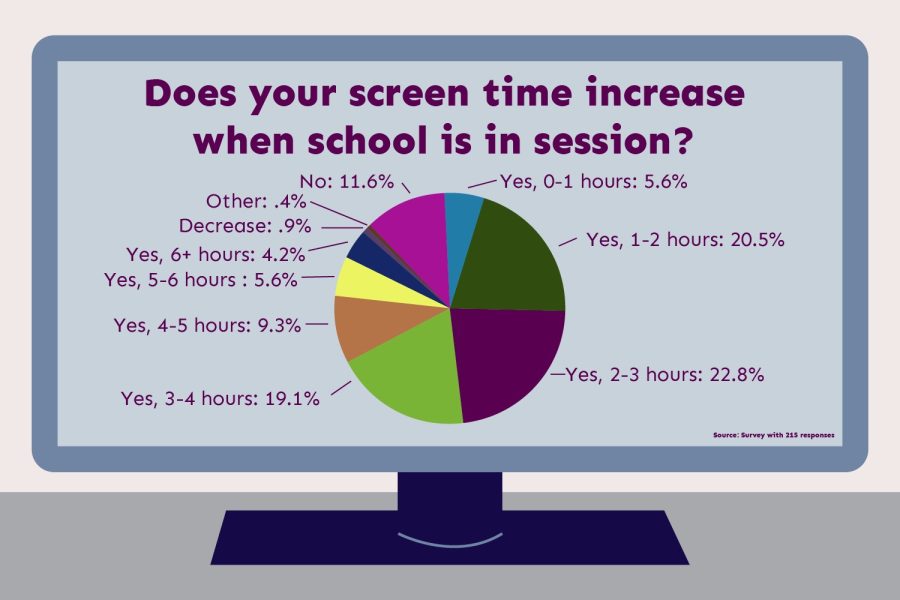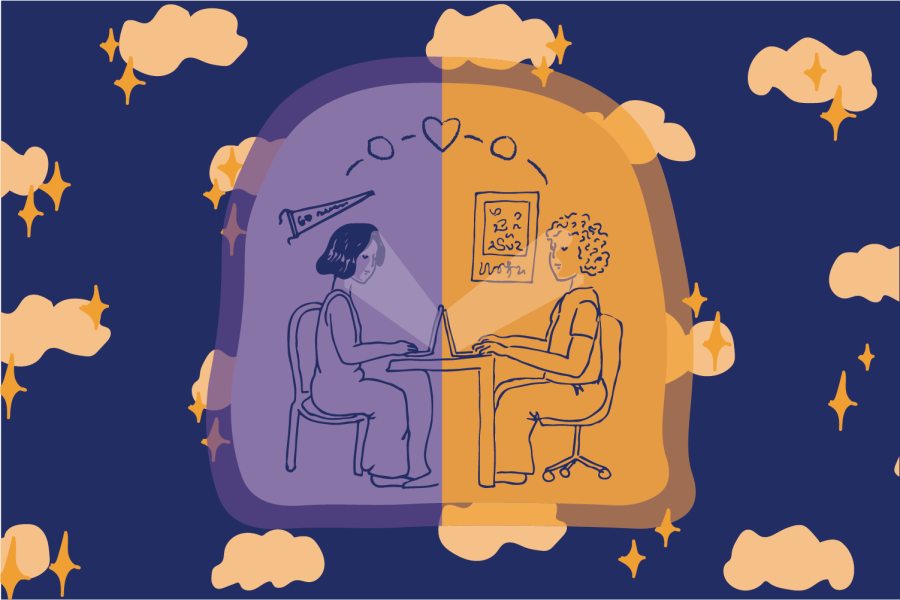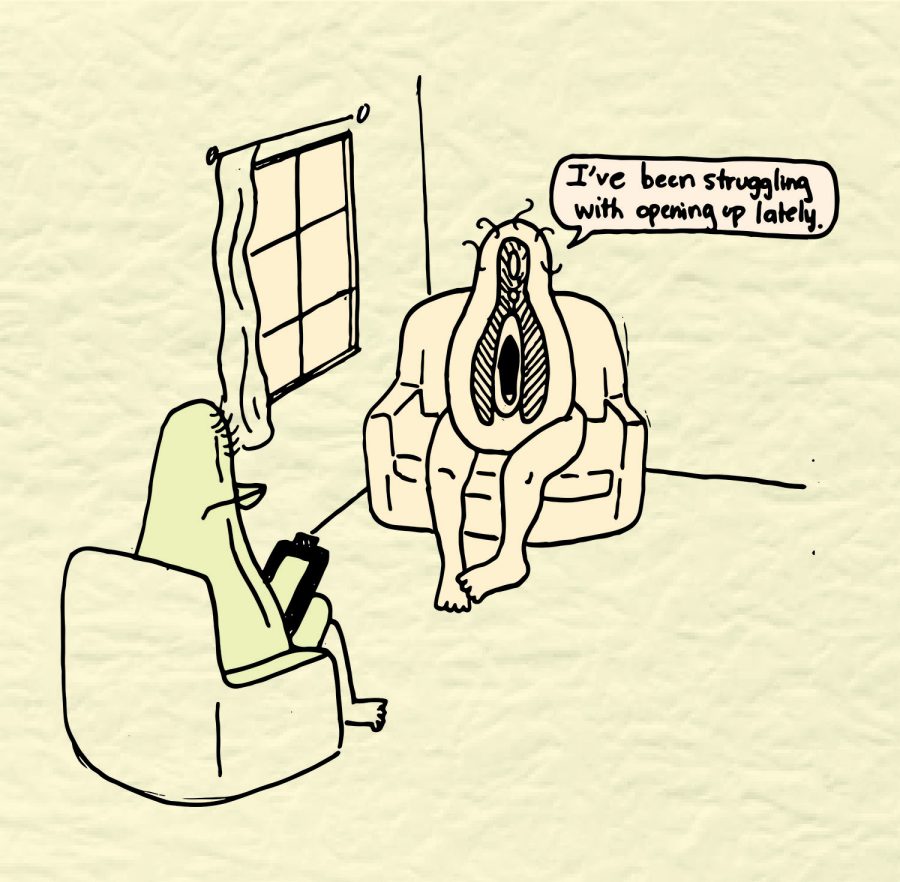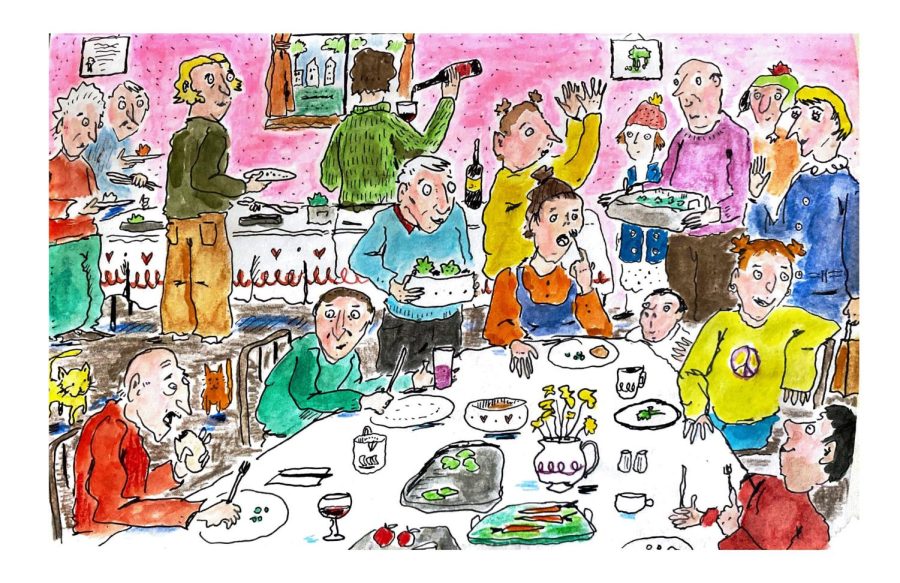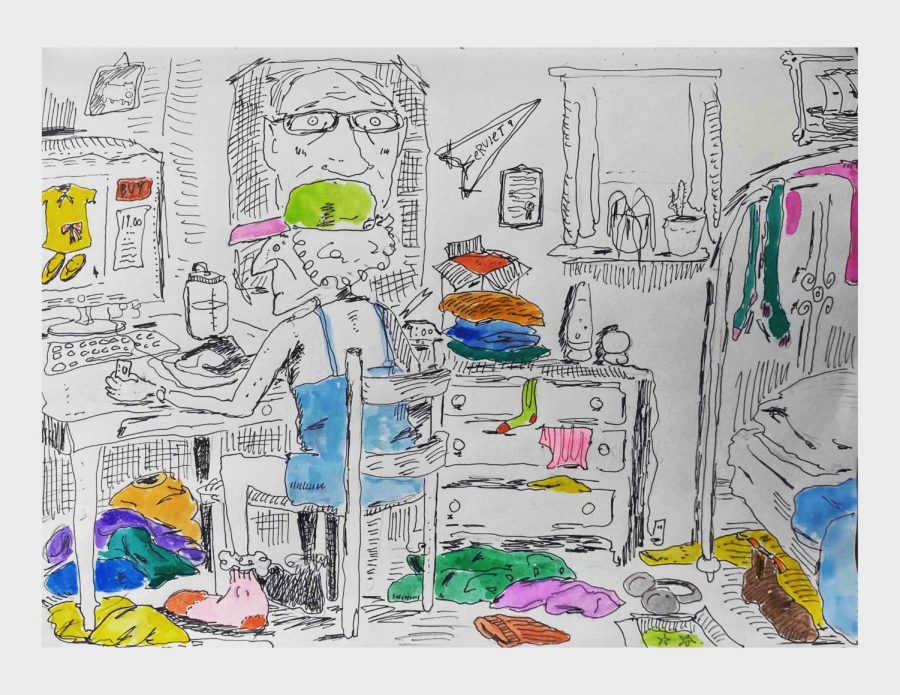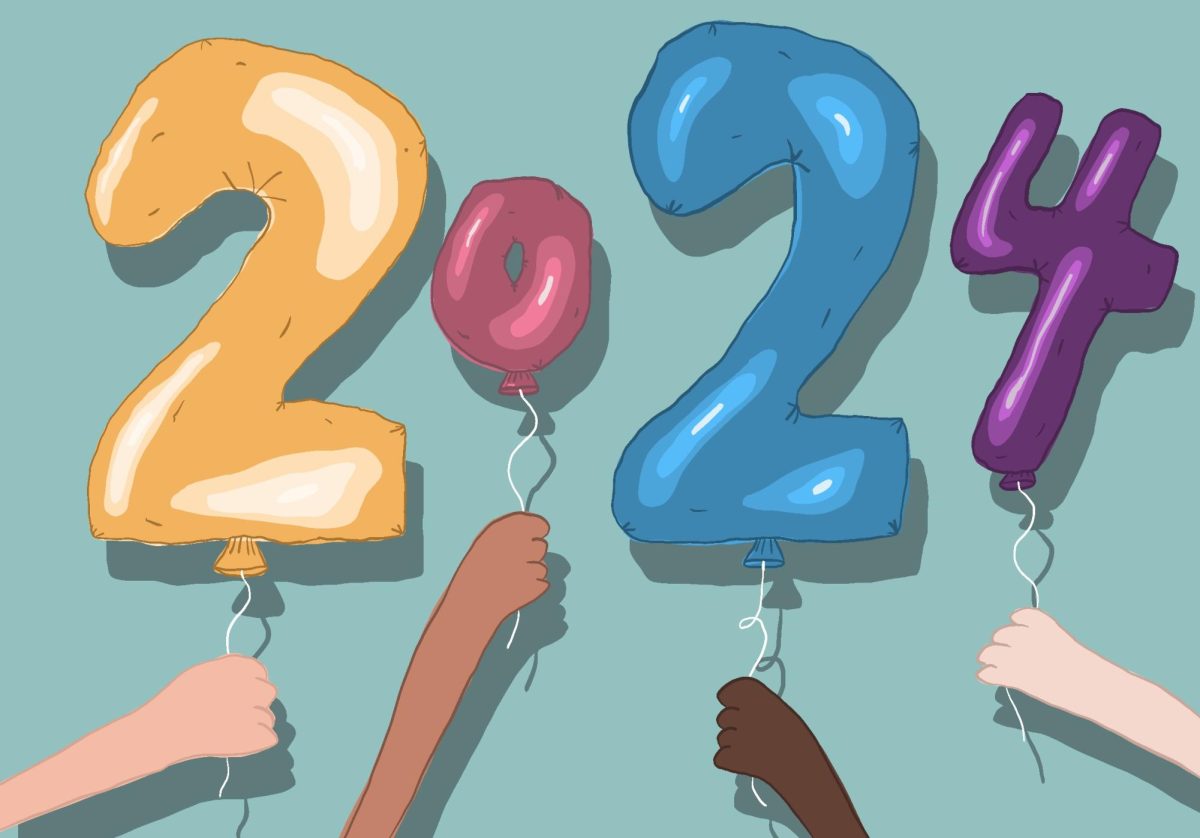Right now, there may be countless thoughts swirling through your head. These thoughts drift through our consciousness, and we often don’t give them much attention.
In this time of speculation, the thoughts themselves are not the entire problem.
Rather, the problem is the manner in which we say them to ourselves. When it comes to ourselves, we are the harshest critics.
“We create suffering for ourselves all the time in this way, by our self-talk. Many people berate themselves—‘I’m such an idiot!’— in a very harsh way,” stated Bodhipaksa on Wildmind.com, a blog dedicated to Buddhism and mindfulness.
It is vital to ask yourself, how are these thoughts affecting how I feel?
Perhaps we critique ourselves mentally because we think it will inspire change. However, this kind of judgmental thinking is more detrimental than helpful.
Yes, it’s normal to be disappointed in yourself and to want more for yourself, but that doesn’t mean you have the right to mentally abuse yourself.
Would you speak to a friend in that same manner?
“I’ve tried starting my days with the mantra ‘today’s going to be a good day’ time and time again, only to be disappointed when things don’t work out during the day,” first-year Beena Jacob said.
“But I realized that even if the day isn’t perfect, saying that to myself changes my perspective and helps overall.”
But we are often too harsh on ourselves.
“What’s worse is that we usually don’t recognize that it’s even happening,” according to mindtool.com.“Instead, we attribute our lack of success to inadequacy. This, in turn, strengthens the negative messages we feed ourselves, and we get caught in a self-sabotaging cycle that can be very difficult to break,” according to the website.
Today, if you were to see a psychologist about this, cognitive behavioral therapy treatment would likely be used because it is a good step to take before considering medication.
“Cognitive behavioral therapy works by changing people’s attitudes and their behavior by focusing on the thoughts, images, beliefs and attitudes that we hold and how this relates to the way we behave, as a way of dealing with emotional problems,” according to psychcentral.com.
Instead, replace the negative voice in your head with a reassuring and kind one. You are more likely to listen to yourself and your emotions.
Your emotions directly relate with how you behave. They can also influence those around you.
Ultimately, the goal is to create a more liberated, energized and stimulated you by eradicating harmful thoughts and implementing positive self-talk.
So the next time you have a negative thought, acknowledge it, put it in perspective, and try to turn it into a non-judgmental and beneficial one.







